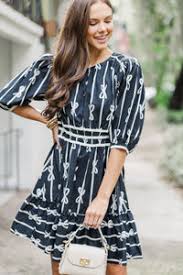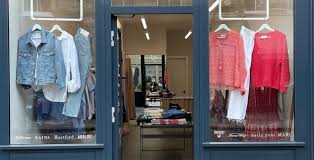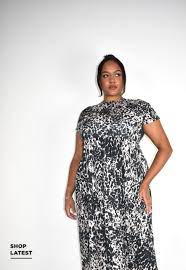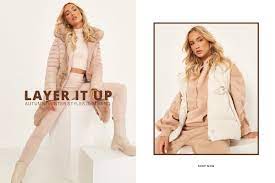Discover the Best Men’s Wear Shop Near Me for Stylish Finds!
Discover the Perfect Men’s Wear Shop Near You
Are you on the lookout for a stylish and sophisticated men’s wear shop near you? Look no further! Finding the perfect clothing store that caters to your style and preferences can be a game-changer in enhancing your wardrobe and boosting your confidence.
Whether you’re in need of sharp suits for formal occasions, casual wear for everyday comfort, or accessories to complete your look, a men’s wear shop nearby can offer you a wide range of options to choose from.
From classic tailoring to trendy streetwear, these shops are stocked with the latest fashion trends and timeless pieces that will elevate your style game. Not only will you find high-quality clothing items, but you’ll also benefit from expert advice on styling and fit to ensure that every purchase is a perfect match for you.
Moreover, shopping at a local men’s wear store allows you to support small businesses in your community and build lasting relationships with knowledgeable staff who are passionate about men’s fashion. Whether you’re looking for a complete wardrobe overhaul or just need a few key pieces to update your look, these shops have got you covered.
So why wait? Take the first step towards upgrading your wardrobe by exploring the men’s wear shops near you. Discover new styles, experiment with different looks, and redefine your fashion identity with the help of these dedicated retailers who are committed to helping you look and feel your best.
Find your nearest men’s wear shop today and embark on a sartorial journey that reflects your individuality and personal style!
Top 5 Tips for Choosing the Best Men’s Wear Shop Near You
- Check the store’s reviews and ratings online to ensure quality products and service.
- Look for a shop that offers a variety of sizes to find the perfect fit for you.
- Consider the store’s return policy in case the clothing doesn’t meet your expectations.
- Ask about any ongoing promotions or discounts to get the best value for your money.
- Don’t hesitate to seek assistance from store staff for fashion advice or styling tips.
Check the store’s reviews and ratings online to ensure quality products and service.
When searching for a men’s wear shop near you, it is essential to check the store’s reviews and ratings online. By doing so, you can gain valuable insights into the quality of products and services offered by the shop. Customer reviews provide first-hand experiences that can help you make an informed decision before making a visit. Positive reviews indicate satisfied customers who have had a pleasant shopping experience, while negative reviews may highlight potential issues to be aware of. Ensuring that the store has good ratings can give you confidence in the quality of their products and service, making your shopping experience more enjoyable and rewarding.
Look for a shop that offers a variety of sizes to find the perfect fit for you.
When searching for a men’s wear shop near you, it’s essential to prioritise establishments that provide a diverse range of sizes. Finding the perfect fit can make all the difference in how confident and comfortable you feel in your clothing. By opting for a shop that offers an array of sizes, you increase the likelihood of discovering garments that flatter your physique and enhance your overall appearance. Embracing inclusivity in sizing not only ensures a more tailored shopping experience but also reinforces the idea that style knows no bounds when it comes to body type.
Consider the store’s return policy in case the clothing doesn’t meet your expectations.
When searching for a men’s wear shop near you, it’s essential to consider the store’s return policy as part of your shopping strategy. A flexible and customer-friendly return policy can provide peace of mind, ensuring that if the clothing doesn’t meet your expectations or fit as desired, you have the option to exchange or return it hassle-free. By prioritising stores with transparent and accommodating return policies, you can shop with confidence, knowing that your satisfaction is valued and that any discrepancies can be swiftly resolved.
Ask about any ongoing promotions or discounts to get the best value for your money.
When exploring a men’s wear shop near you, it’s always a smart move to inquire about any ongoing promotions or discounts available. By asking about special offers, you can ensure that you’re getting the best value for your money and possibly snagging some great deals on high-quality clothing items. Whether it’s a seasonal sale, a loyalty program, or a limited-time discount, being proactive in seeking out these promotions can help you maximise your shopping experience and make your purchases even more rewarding.
Don’t hesitate to seek assistance from store staff for fashion advice or styling tips.
When exploring a men’s wear shop near you, don’t hesitate to seek assistance from the store staff for valuable fashion advice or styling tips. The knowledgeable and experienced staff members are there to help you navigate through the latest trends, find the perfect fit, and discover new styles that complement your personal taste. By engaging with the store staff, you can enhance your shopping experience, gain insights into how to mix and match different pieces, and ultimately elevate your overall look. Embrace their expertise and let them guide you towards making informed fashion choices that will leave you feeling confident and stylish in every outfit you choose.




